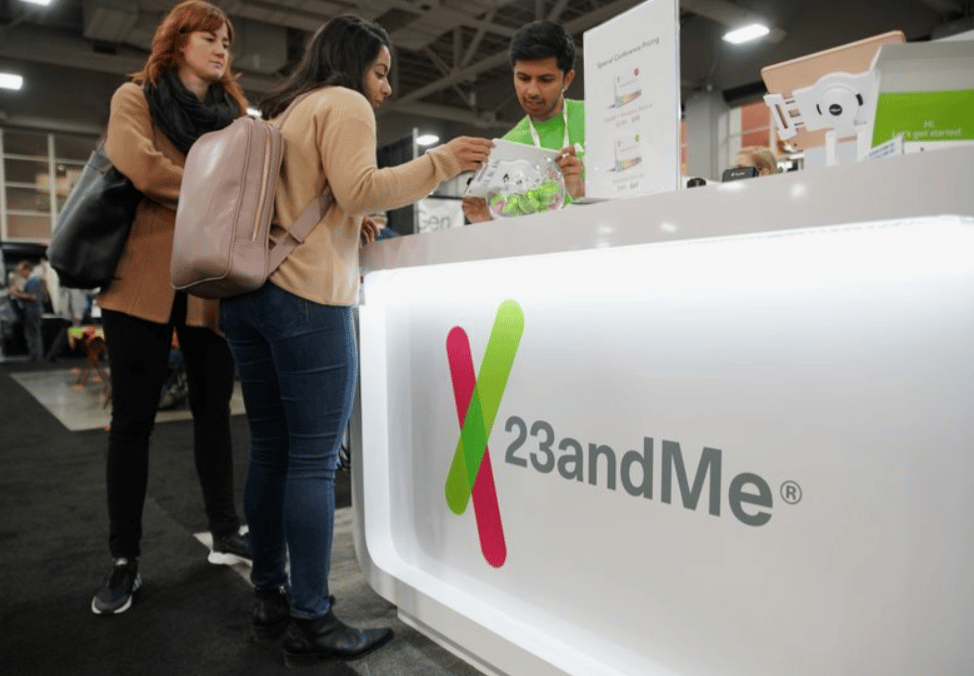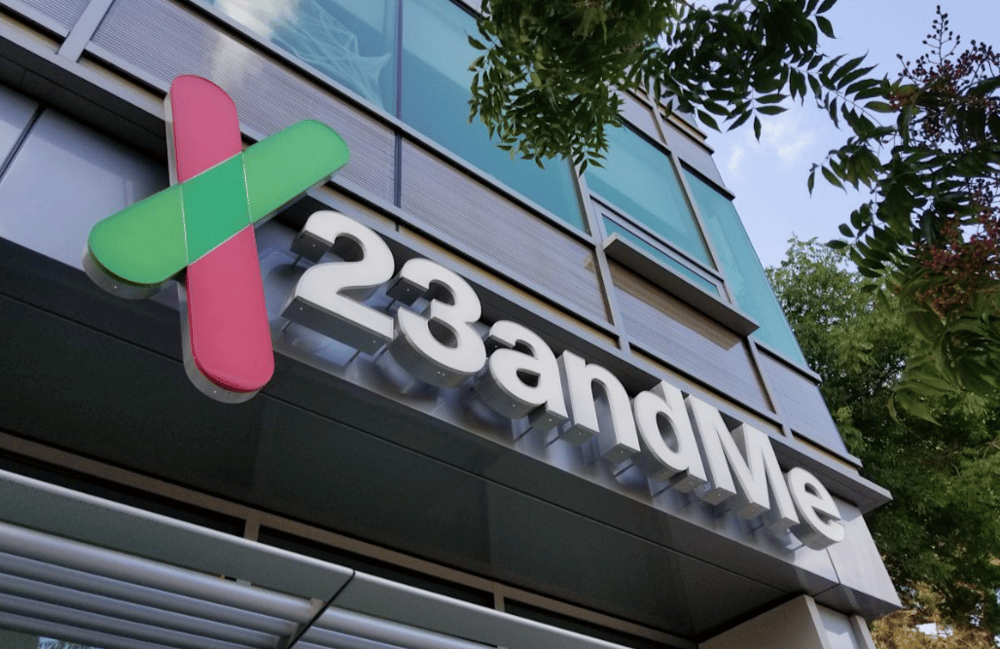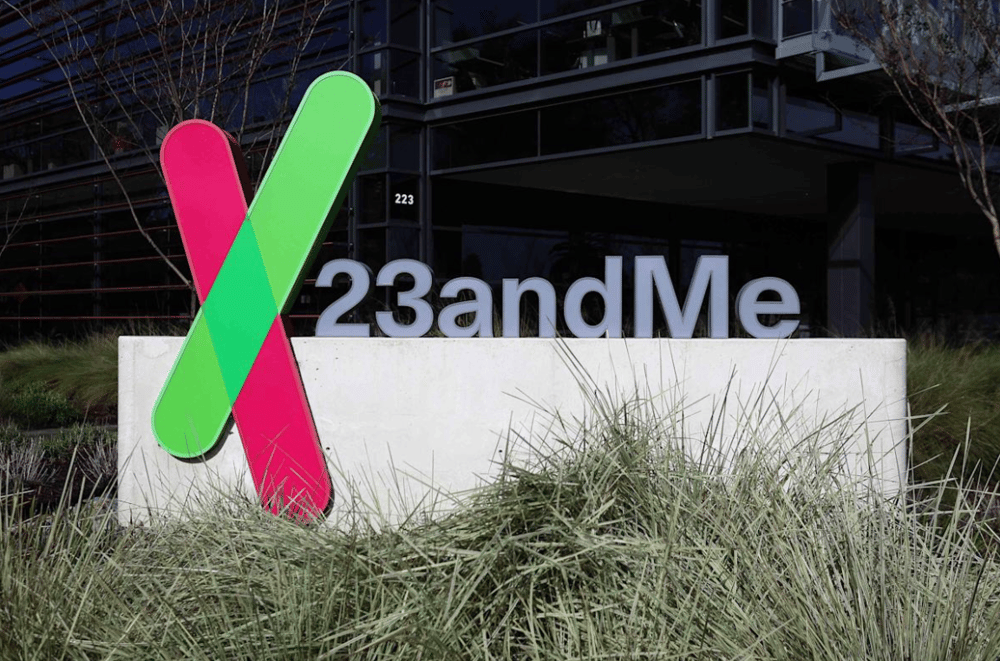23andMe Bankruptcy Auction Reopened Following $305 Million Bid by Co-Founder Anne Wojcicki
The genetic testing company 23andMe $ME, which filed for bankruptcy earlier this year, has informed the U.S. bankruptcy court of its intention to reopen the auction process for the sale of its assets, including its extensive repository of customer genetic data. This move follows a new bid of $305 million from 23andMe’s co-founder, Anne Wojcicki, surpassing the previous leading offer of $256 million from pharmaceutical giant Regeneron Pharmaceuticals $REGN. The initial auction was expected to conclude in May, but this fresh proposal could reshape the company’s financial and operational future.
Implications of the Revised Asset Sale Bids in the Biotech Bankruptcy Case
The bankruptcy of 23andMe underscores the complex challenges faced by genetic testing companies amid increasing competition, regulatory scrutiny, and high operational costs. The company’s decision to entertain a higher bid from co-founder Anne Wojcicki signals both the importance of the firm’s genetic data assets and the strategic interest in preserving the company's intellectual property within its founding team.
Regeneron’s prior $256 million bid represented a strong interest from a leading biotech corporation in acquiring 23andMe’s assets to potentially enhance its drug discovery pipelines through integration of consumer genetic information. However, Wojcicki’s revised offer not only exceeds Regeneron’s but also reflects an attempt to maintain 23andMe’s legacy and operational continuity, possibly aiming for a restructuring rather than a complete acquisition.
Reopening the auction process extends uncertainty but also introduces competitive tension that may benefit creditors and stakeholders by maximizing asset value. The fate of the company’s proprietary genetic data remains a sensitive issue due to privacy concerns and the growing regulatory landscape surrounding personal data in healthcare.

Brief Facts
23andMe filed for bankruptcy earlier this year due to financial difficulties.
Anne Wojcicki, co-founder of 23andMe, has submitted a new $305 million bid for the company’s assets.
Previous highest bid was $256 million from Regeneron Pharmaceuticals (REGN.O).
The assets include customer genetic data and proprietary testing technology.
The bankruptcy auction was initially set to conclude in May but is now reopened.
Market and Industry Reaction to the New Bankruptcy Bid
The renewed bidding war highlights the strategic value of genetic data in the biotechnology and pharmaceutical sectors. Market analysts note that this contest reflects broader industry dynamics where genetic data serves as a critical asset for drug development and personalized medicine.
From a market perspective, Regeneron’s involvement signals strong institutional interest in leveraging consumer genetics to bolster R&D pipelines, potentially accelerating precision medicine initiatives. Conversely, Wojcicki’s bid is seen as a move to retain control over sensitive genetic information and perhaps steer the company towards a revival.
Investor reactions are cautious given the uncertain regulatory environment and data privacy challenges in the genomics field. The reopening of the auction also prolongs uncertainty about 23andMe’s operational future, which impacts stockholders and creditors.

Key Points
Anne Wojcicki’s $305 million bid surpasses Regeneron’s $256 million offer.
The auction reopening may enhance asset value through competitive bidding.
Genetic data assets are a pivotal element of the bankruptcy sale.
Regeneron aims to integrate 23andMe data for pharmaceutical R&D.
Privacy and regulatory concerns add complexity to the sale.
Market response reflects both opportunity and uncertainty in biotech bankruptcy deals.
Significance of 23andMe’s Bankruptcy Auction Developments
The decision by 23andMe to reopen the bankruptcy auction following a higher bid by co-founder Anne Wojcicki marks a critical juncture for the company and the genetic testing industry at large. This development highlights the substantial value attributed to consumer genetic data and its strategic importance for both biotech innovators and investors.
While the outcome of the auction remains uncertain, it underscores ongoing challenges in the sector related to monetizing genetic information while navigating privacy and regulatory frameworks. The competitive bidding process may ultimately serve to preserve 23andMe’s intellectual assets and influence the trajectory of genetic testing commercialization in the years ahead.















Comments
Forward-leaning investments are accelerating the evolution of intelligent systems